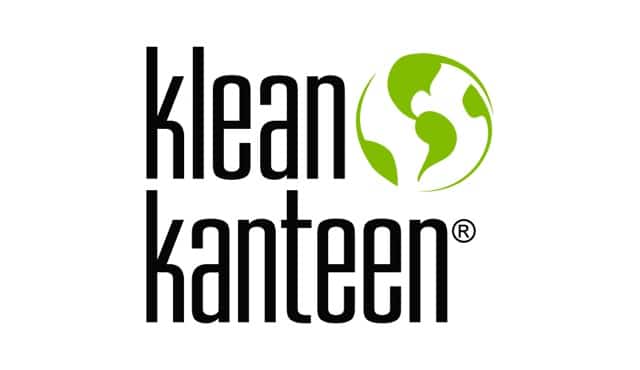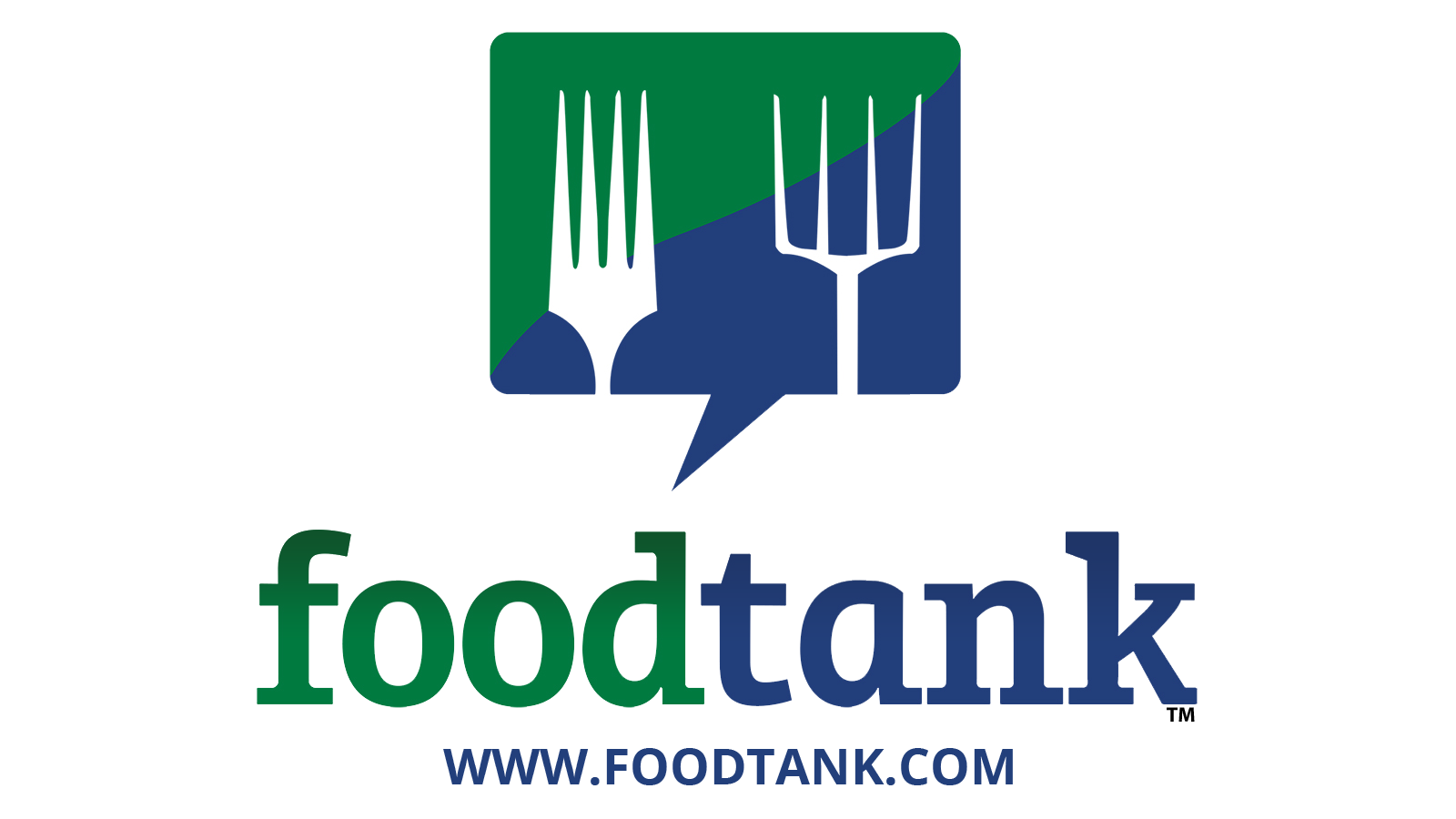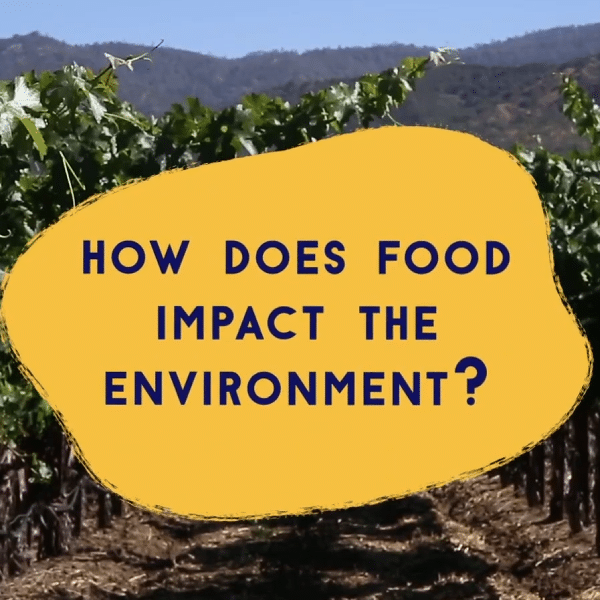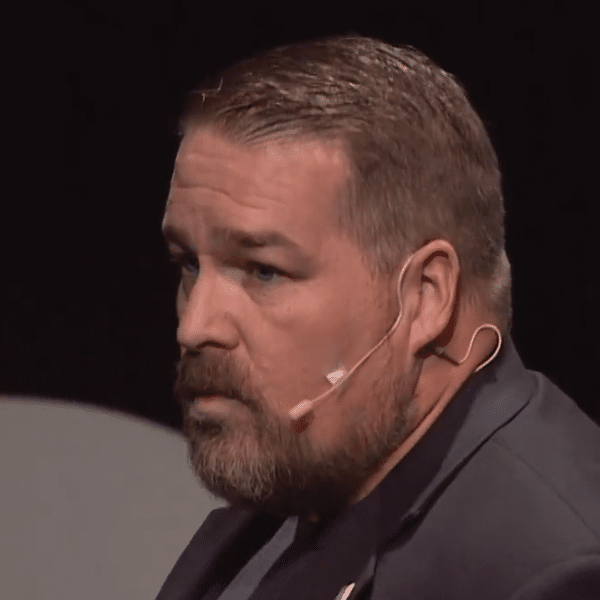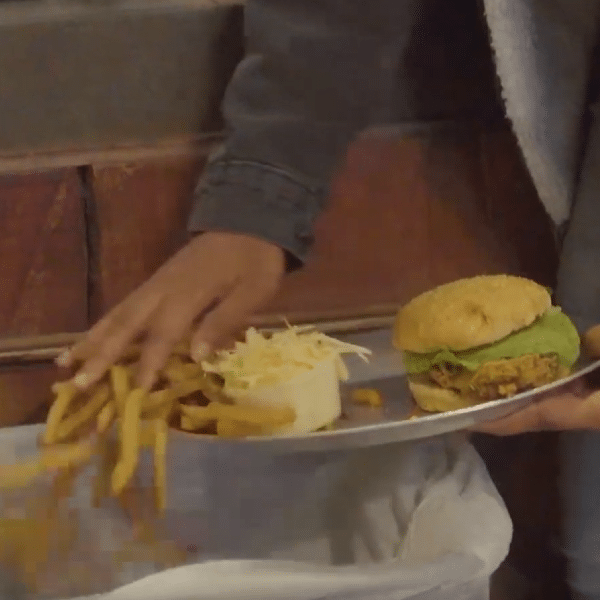Day 9
Food Waste
What impacts do food choices have on our planet?
Every year, an astonishing 1.3 billion tons of food are wasted, while more than 700 million people face hunger and food insecurity globally. When we waste food, we also waste the resources, energy, and labor invested in growing, harvesting, and transporting it. This imbalance not only highlights the inefficiencies of our food system but also exacerbates environmental degradation and social inequality. By embracing sustainable practices, we can protect our planet, support vulnerable communities, and reimagine a more equitable and sustainable food system.
❞
⌄
EXPAND YOUR KNOWLEDGE
Resources to Reduce Food Waste
Reducing food waste is a challenge we can tackle together, and educating ourselves is the first step. The resources below will provide you with insights, practical tips, and motivation to make sustainable changes. Watch, read, and learn more about how food waste impacts our planet—and what you can do to make a difference.
CHALLENGES
Greener
THINK
A fun and creative way to highlight the beauty and diversity of produce is through a Conscious Kitchen project we call “Produce Pals.” This project showcases the unique attributes of fruits and vegetables while promoting sustainable food practices.
CHALLENGE
Meet Maya and Mateo, two of our favorite Produce Pals who brighten the walls of our Conscious Kitchen dining halls. Now, it’s your turn to create your own Produce Pal with a meaningful story, representative of where you live, local produce, local attire, and a call to action! Follow these steps:
- Gather Materials: Instead of composting, collect scraps from a meal or produce that may be past its shelf life. Check your fridge or kitchen for items, or ask your dining hall or local farmers market or grocery store for leftover leaves, sprigs, or produce that would otherwise be discarded.
- Choose Organic and Seasonal: Whenever possible, try to use organic and seasonal items for your Produce Pal.
- Create a Theme: Think about the message you want to convey—whether it’s about health, organic produce, seasonality, or local sourcing—and how best to educate your audience.
- Get Creative: Design your unique Produce Pal with an impactful story to inspire others.
- Post a Photo: Take a picture of your final Produce Pal and share it on Instagram, tagging @TurningGreenOrg, @World_Wildlife, and @foodprintorg with the hashtag #PGC2024.
After taking the photo, think about how you can use the scraps to make a seasonal scrap soup or add nutrients to your compost!
SUBMIT YOUR WORK
- Create a PDF: Combine your deliverables and a screenshot of your social media post into a single PDF. Ensure your name (or team name), username, and school are included.
- File Naming: Save your PDF as firstname_lastname_challengeday_challengelevel_year.pdf
e.g.: kasie_jones_day9_greener_2024.pdf
Avoid using symbols (including #) or spaces in the file name. - File Size: Ensure the file size does not exceed 5 MB.
- Submit: Upload your PDF. A green confirmation message will appear if your submission is successful. If you don’t see this, please try again.
- Points: If your total points don’t update, your submission may not have uploaded correctly—please retry.
- Score: Points can be checked by going to Edit Profile on the bottom navigation bar. Your score is at the top of the page.
- Questions: Direct any inquiries to info@turninggreen.org.
- Social Media: Share your challenge activities on social media, tagging us on Instagram @TurningGreenOrg, Facebook @Turning Green, and using #PGC2024.
Greenest
THINK
Food waste is a significant global issue that affects access to nutritious food. Addressing food waste in your community ensures that students like you receive nourishing meals, rather than contributing to overflowing landfills. Supporting your local food system is essential!
CHALLENGE
Start by listening to the BBC News’ “The Food Waste Warriors” podcast to better understand the scope of food waste and how individuals are taking action. Then, create your own podcast to share with your community! Follow these steps:
- Plan and Write: Create a two-minute podcast in a storytelling format, addressing these key points:
- How is food waste a problem in your community?
- Where do you see food waste at your school?
- What solutions can be implemented, and do any from the podcast apply to your school or community?
- How can students get involved in taking action?
- What efforts already exist, and how can they be expanded?
- Be Creative: Share personal stories about food waste on your campus or in your community and the solutions you’d like to see. Write a word-for-word script, and submit a PDF of your script.
- Record and Edit: Focus on both what you’re saying and how you say it—tone matters! Feel free to add sound effects or music.
- Share Your Podcast: Share the link to your podcast (make it public) with friends, family, online, and with local community members.
- Post on Instagram: Share a link to your podcast on Instagram, including a food waste-related call to action in your caption encouraging others to tackle the issue. Tag @TurningGreenOrg, @KleanKanteen, @World_Wildlife, @foodprintorg, your school’s social platforms, and use the hashtag #PGC2024.
SUBMIT YOUR WORK
- Create a PDF: Combine your deliverables and a screenshot of your social media post into a single PDF. Ensure your name (or team name), username, and school are included.
- File Naming: Save your PDF as firstname_lastname_challengeday_challengelevel_year.pdf
e.g.: kasie_jones_day9_greenest_2024.pdf
Avoid using symbols (including #) or spaces in the file name. - File Size: Ensure the file size does not exceed 5 MB.
- Submit: Upload your PDF. A green confirmation message will appear if your submission is successful. If you don’t see this, please try again.
- Points: If your total points don’t update, your submission may not have uploaded correctly—please retry.
- Score: Points can be checked by going to Edit Profile on the bottom navigation bar. Your score is at the top of the page.
- Questions: Direct any inquiries to info@turninggreen.org.
- Social Media: Share your challenge activities on social media, tagging us on Instagram @TurningGreenOrg, Facebook @Turning Green, and using #PGC2024.
PRIZES
Up to 10 Greener and 10 Greenest outstanding submissions will be selected as winners.
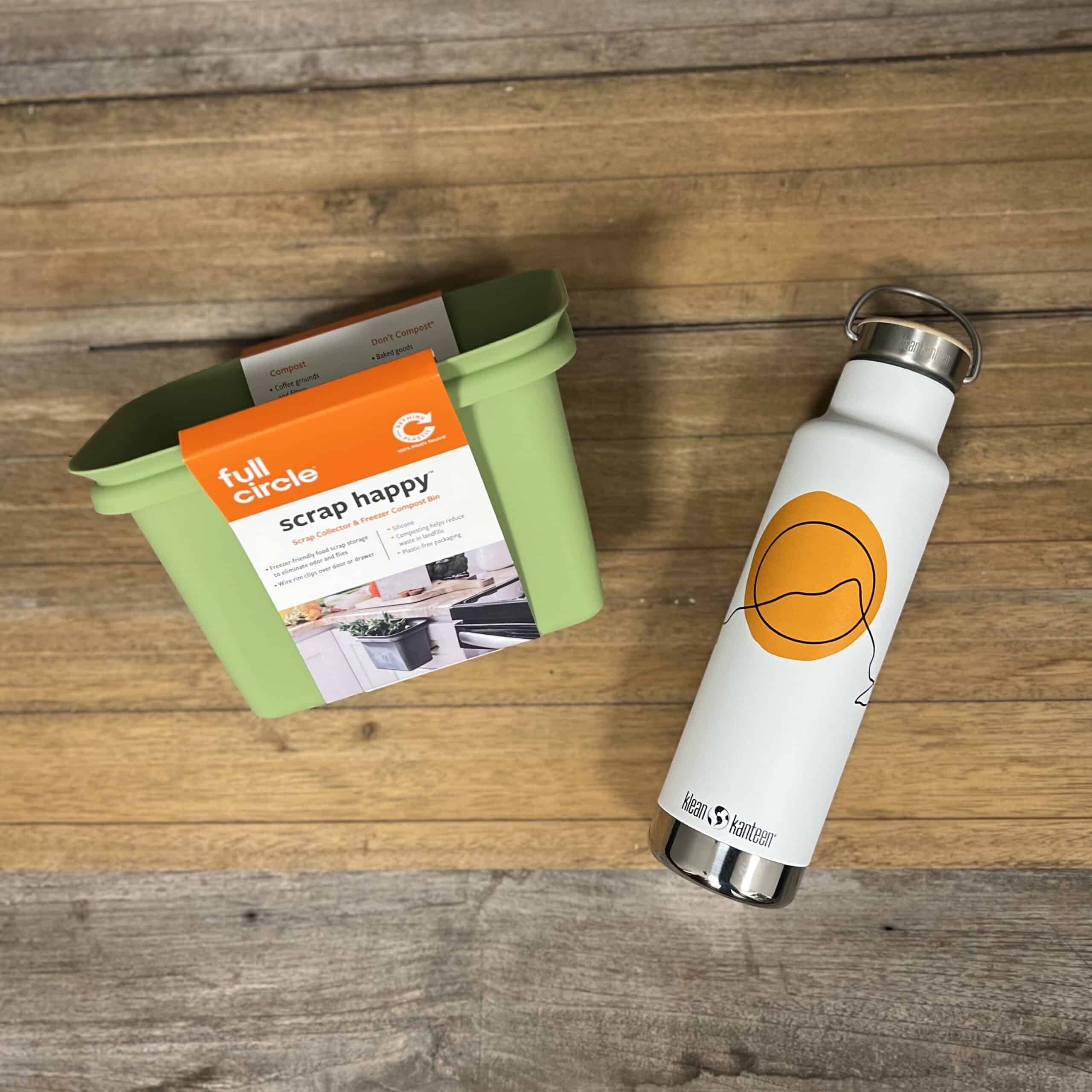
- A Bamboo Top Insulated Bottle from our partner, Klean Kanteen, a Climate Neutral Certified B Corp committed to sustainability and to making high-quality, durable, reusable stainless steel insulated water bottles, mugs, cups, tumblers, food containers and steel straws.
- A Scrap Happy Compost Bin from Full Circle Home, a company committed to creating sustainable home care products that are beautifully designed, functionally innovative, and responsibly produced.
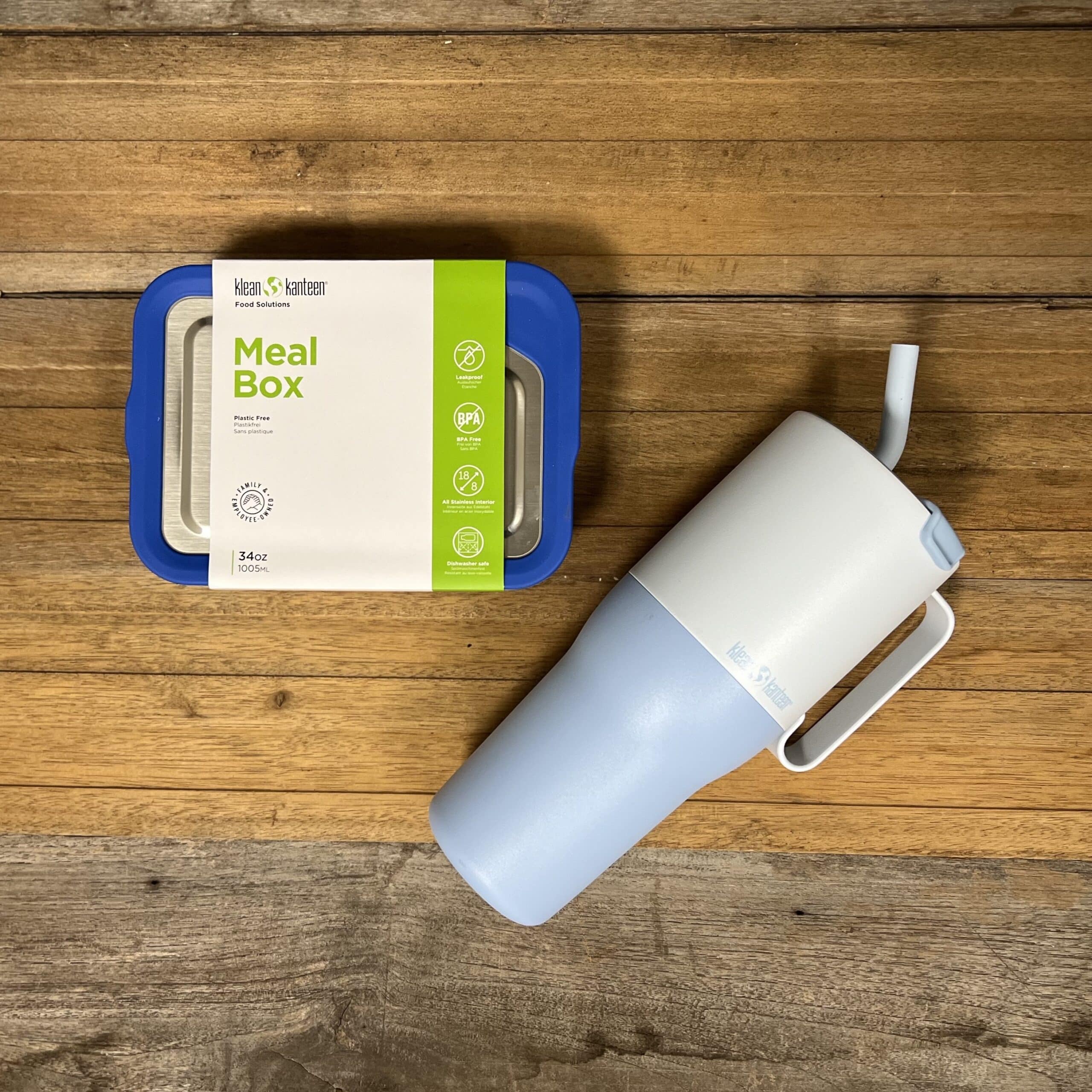
- A 36 oz Rise Tumbler with Straw and Stainless Steel Meal Box from our partner, Klean Kanteen, a Climate Neutral Certified B Corp committed to sustainability and to making high-quality, durable, reusable stainless steel insulated water bottles, mugs, cups, tumblers, food containers and steel straws.



